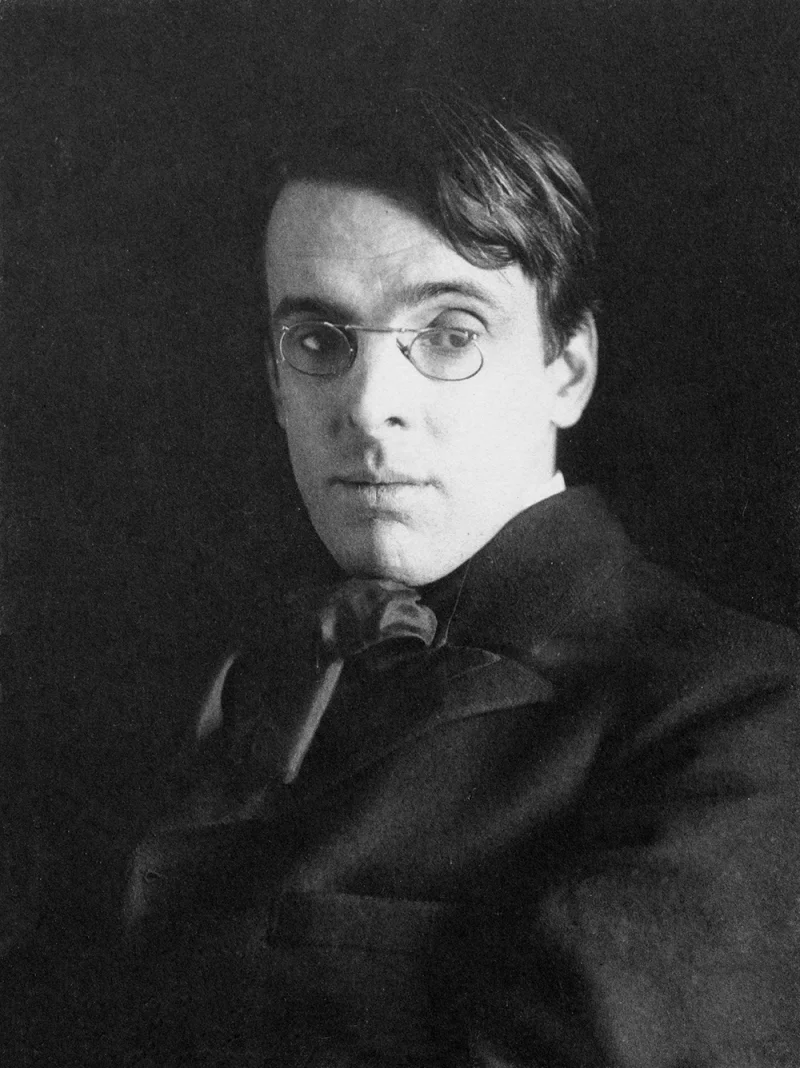Short Summary
Jules Verne was a pioneering French author known for his adventure novels and profound impact on the science fiction genre. His remarkable works, such as "Twenty Thousand Leagues Under the Sea" and "Around the World in Eighty Days," explored themes of exploration and technological innovation. Verne's imaginative storytelling and vivid descriptions captured the imaginations of readers worldwide, earning him the title of the "Father of Science Fiction." His novels have been translated into numerous languages, cementing his status as one of the most translated and celebrated authors in history.
Early Life & Education
Jules Verne was born on February 8, 1828, in Nantes, France, to a family with deep maritime roots. His father, Pierre Verne, was a lawyer, and his mother, Sophie Allotte de la Fuÿe, came from a family of shipowners. Verne's early years were marked by a fascination with travel and adventure, inspired by his surroundings and family background. He attended boarding school in Nantes and later studied law in Paris. However, his passion for writing and storytelling led him to pursue a literary career, despite initial resistance from his father, who hoped Verne would follow in his legal footsteps.
Career Highlights
Jules Verne's literary career began in earnest with the publication of "Five Weeks in a Balloon" in 1863, marking the start of his acclaimed series "Extraordinary Voyages." He continued to captivate audiences with novels that combined scientific concepts with fantastical adventures. Verne's collaboration with publisher Pierre-Jules Hetzel was instrumental in his success, as Hetzel recognized the potential of Verne's imaginative tales. The novelist's works not only entertained but also educated readers about scientific advancements and geographic exploration, solidifying his reputation as a visionary in literature. Verne's ability to blend fact and fiction inspired future generations of writers and scientists alike.
Major Achievements
- "Twenty Thousand Leagues Under the Sea" (1870): A pioneering work of science fiction exploring underwater exploration.
- "Around the World in Eighty Days" (1873): A novel highlighting the possibilities of global travel and adventure.
- "Journey to the Center of the Earth" (1864): A novel exploring the possibilities of geological exploration.
- Prolific output: Wrote over 54 novels and numerous short stories, plays, and essays.
- Influence on science fiction: Laid the groundwork for future science fiction narratives and inspired technological innovation.
Famous Quotes
- "Anything one man can imagine, other men can make real."
- "We may brave human laws, but we cannot resist natural ones."
- "Science, my lad, is made up of mistakes, but they are mistakes which it is useful to make, because they lead little by little to the truth."
Interesting Facts
- Jules Verne wrote some of his most famous works in a small, secluded cabin in his garden.
- His works have been translated into more than 140 languages, making him one of the most translated authors in the world.
- Verne was an avid traveler and used his journeys as inspiration for his stories.
- He was elected to the prestigious Académie Française in 1867.
- Many of his predictions about future technological advancements have come true, such as submarines and space travel.
Legacy / Influence
Jules Verne's legacy is marked by his profound influence on the science fiction genre and his ability to inspire curiosity about science and exploration. His imaginative storytelling and visionary ideas have left an indelible mark on literature, technology, and popular culture. Verne's works continue to be adapted into films, plays, and other media, ensuring that his spirit of adventure and innovation lives on, inspiring future generations to dream and explore the unknown.
FAQ
Q: Why is Jules Verne famous?
A: Jules Verne is famous for being a pioneering author of science fiction and adventure novels, including classics like "Twenty Thousand Leagues Under the Sea" and "Around the World in Eighty Days." His imaginative works have captured the imaginations of readers worldwide.
Q: What were Jules Verne's early influences?
A: His early influences included his family's maritime background, his education in Nantes and Paris, and his passion for travel and adventure.
Q: How did Jules Verne contribute to science fiction?
A: Verne's novels combined scientific concepts with imaginative storytelling, laying the groundwork for the science fiction genre and inspiring future writers and scientists.









